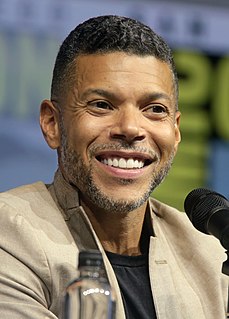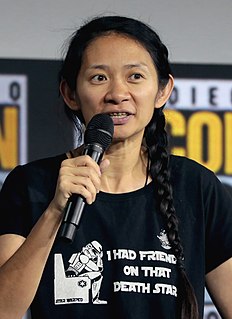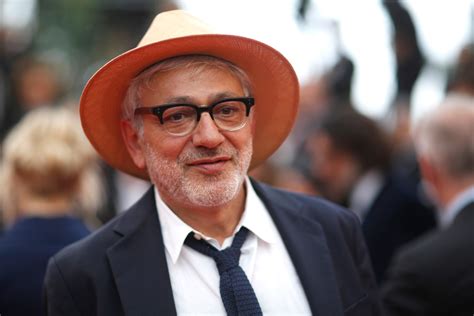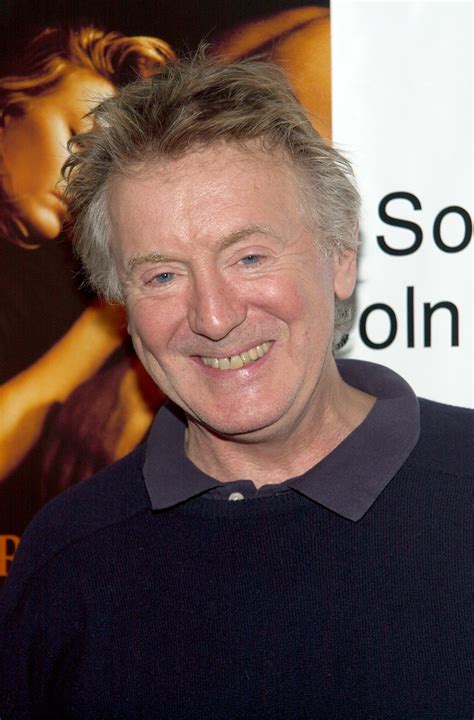A Quote by Wilson Cruz
'Call Me by Your Name' does not have a political agenda. It is not a 'cause' film. It is a simple and beautifully shot story about a same-sex relationship that exists in a very tiny Italian village.
Related Quotes
'12 Years A Slave' is a film that is beautifully shot, wonderfully acted, and told in a compelling manner. However, there are some questions, in my opinion, as to its importance. Paramount among those questions is, What does this scenario illustrate that we didn't know or haven't seen before? And why does such a film garner such popularity?
The argument for '12 Years a Slave' was that - yes, it's a beautiful film. Beautifully shot, beautifully acted. It's a real story, and these stories should be told. The problem is, if they're the only stories being told, then it makes Americans of African descent - it puts them into that victim category. And that was my problem with the movie.
Meek's Cutoff by Kelly Reichardt. It's beautifully shot. It's a complex story. The filmmaker gave a very patient and feminine touch to a story that takes place during a period of history that's very masculine, without losing any of the unforgiving harshness of the reality where the characters found themselves in.
'Meek's Cutoff' by Kelly Reichardt - it's beautifully shot. It's a complex story. The filmmaker gave a very patient and feminine touch to a story that takes place during a period of history that's very masculine, without losing any of the unforgiving harshness of the reality where the characters found themselves in.
"Fish Tank" [my favorite woman-directed film] by Andrea Arnold. The film is so beautifully shot, and I love the raw energy of Katie Jarvis, who plays the main character, Mia. She is not a professional actress and she provides the film with a sense of realism. To me, the film feels so complete and superior.
If I'm ever working on a set and anyone talks about a master shot, I say there is no master shot. Before I even went to film school, I learned about movies by being in a British feature film, where everything was shot master shot, mid-shot, close-up. But I reject the idea of a master shot. You don't shoot everything mechanically; you find imaginative ways that serve the action.


































